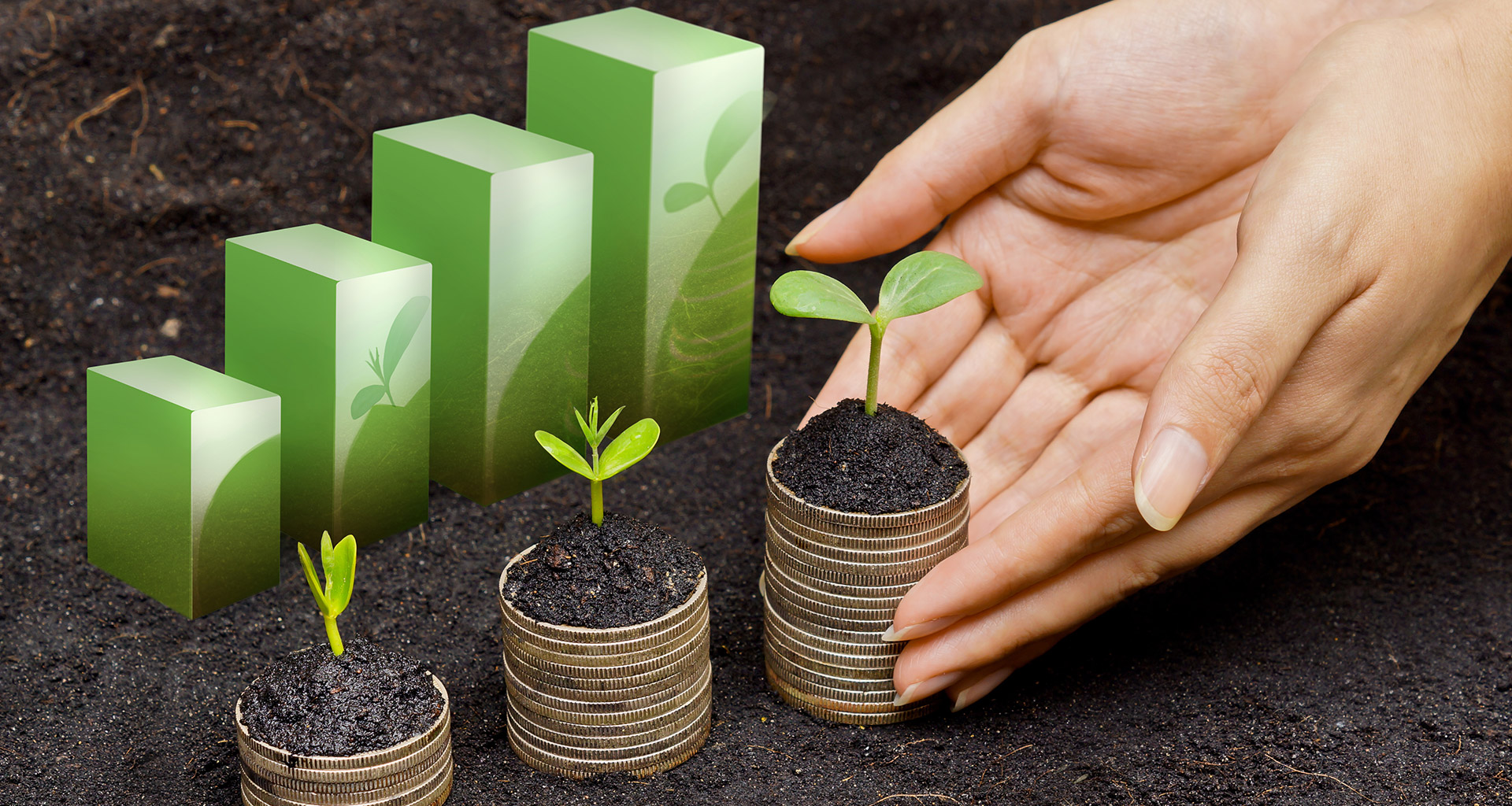Some years ago, I was reading an article in The Economist talking about “sustainable investing”. What interested me the most was that sons and daughters of the “Baby Boomer” generation behave differently to their parents. They are more concerned about the environmental impact of their investments, which has led to huge interest in “sustainable investing” over the past few years. This interest has helped to increase the total assets under management within sustainable and responsible investment from 13.3trnUSD in 2012 to 22.9trnUSD in 2016.[1]
It’s quite some time since we at Dominion analysed this trend, which is commonly known as “ESG Investing” (Environmental, Social, and Governance). Despite the wide use of this acronym there are no standardised rules to define if an investment is ESG or not. A Financial Times article in 2018[2] raised exactly this problem, analysing different ESG score providers and finding a lack of consensus – a high scoring company for one provider might score poorly for another. This lack of defined industry standards put ESG investors’ money at risk, as they might believe they are investing in sustainable and environmentally friendly companies when that is not the reality.
The issues above weighed on our minds at Dominion. When we had the opportunity to develop the DCS fund of funds, we decided to use all the research and the analysis available on ESG investing to create our own standard. DCS Sustainable Growth Fund aims to target those fund managers delivering an investment strategy which meets this high standard. Environment, water scarcity, changes in diet, climate changes, urbanisation, and alternative energies are just some of the themes we look to cover within DCS Sustainable Growth Fund’s asset allocation.
Within DCS Sustainable Growth Fund’s asset allocation, we have selected some of the best risk-adjusted performing funds within the space. We have also added some more sector specific funds capable of providing purer exposure to some of the themes we are interested in, such as sustainable water or the smart food industry. Although the fund is now developed, the process of finding new themes and investment ideas and isn’t over.
We keep screening the markets on a regular basis to find smart fund managers providing investible products into interesting, intriguing, and profitable themes. A prime example is the “Smart Food” industry. This industry targets businesses in the food supply chain, and is applicable to DCS Sustainable Growth due to its focus on sustainability development and the facilitation of a cleaner and more efficient delivery of basic services such as energy, water, and waste management.
DCS
Sustainable Growth Fund is a unique product only available through DCS. It is
capable of providing a different approach to investment markets, which will add
diversification (and an interesting angle) to any asset allocation. It
circumvents the problems inherent in sustainable investing by supplying its own
standards. And, perhaps most importantly to the investors of tomorrow, it
represents a high-point in ethical ESG investing.
[1] https://www.economist.com/finance-and-economics/2017/11/25/sustainable-investment-joins-the-mainstream
[2] https://ftalphaville.ft.com/2018/12/06/1544076001000/Lies–damned-lies-and-ESG-rating-methodologies/
Disclaimer: The views expressed in this article are those of the author at the date of publication and not necessarily those of Dominion Capital Strategies Limited or its related companies. The content of this article is not intended as investment advice and will not be updated after publication. Images, video, quotations from literature and any such material which may be subject to copyright is reproduced in whole or in part in this article on the basis of Fair use as applied to news reporting and journalistic comment on events.


